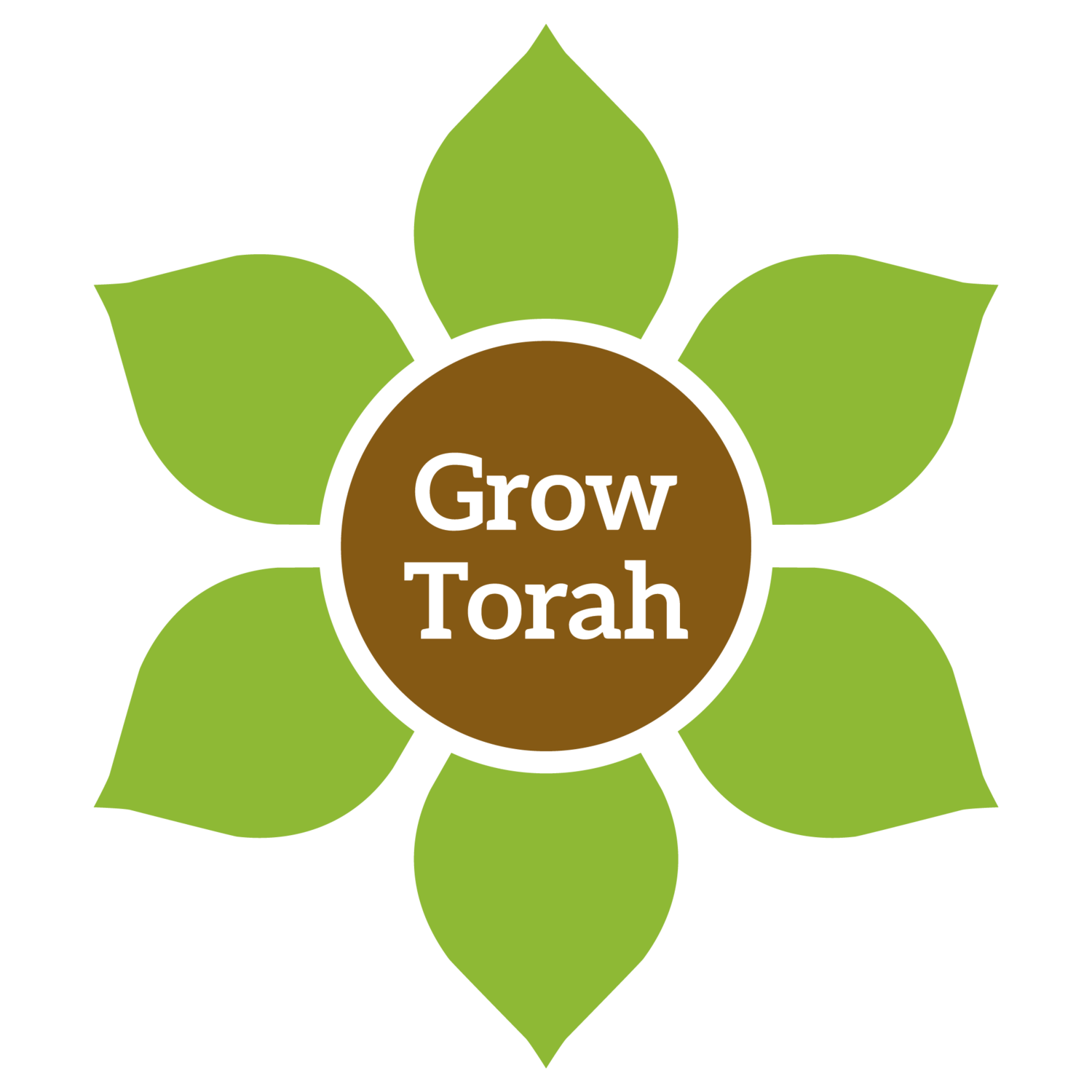Shlach: Very, Very Good
Original authors - Miriam and John Schlackman, edited by the GrowTorah Summer Inchworms 2021-2022
View Accompanying Source Sheet Here
Parshat Shlach centers around the idea of coming into the Promised Land. Scouts, often referred to as “spies,” are sent ahead of Bnei Yisrael to preview the land of Israel which has been promised as our eternal inheritance. Ten of the twelve spies bring back a discouraging report: while the land does flow with milk and honey, it is also home to terrifying giants and, undefeatable enemies.[1] Only two of the spies, Calev ben Yefunah and Yehoshuah bin Nun, come back with a different report: “No”, they tell us, the land is not only “very good,” but is in fact very, very good; Tov Meod Meod.[2]
Bnei Yisrael, influenced by the negative report of the ten spies, lost all faith in the land. “We’ll never make it,” they wailed, “Let’s just give up, and go back to Egypt!”[3] This attitude was their downfall. Indeed, the whole generation is sentenced to die in the wilderness for their inability to have enough courage and value the beauty and promise of the land above the seemingly insurmountable challenge leading to it. But Calev and Yehoshua are strengthened by the land, using its goodness as their guiding principle and asking the people to respond with courage and faith in its environment.
But the parsha does not end there. After the catastrophe of the spies, the Torah suddenly leaps to a new topic - the process of the korbanot when we do enter the land.[4] In other words, although we may err, despair, and fail, the ultimate promise of fulfillment is not withdrawn. The ultimate nature of reality, the Torah affirms, is one of joy, celebration, and gratitude. Fulfillment waits for us once we wake up and live up to our potential. It awaits our recognition of the true wondrous nature of Hashem’s world.
On the sixth day of the creation of the world, Hashem says that the completed work of Creation is “very good.”[5] Sforno tells us that the sixth day of creation is called “very good”, instead of simply “good”, like all the other days, because it is the tachlit, the completion and coming to fruition of all the other details that came into being before it.[6]
To the positive spies, the land was not just “very good,” but was “very, very good.” The Torah hints to us that, in some way, the fulfillment coming from our “entering into the land,” in every sense, is better, richer, and deeper than the fulfillment that Hashem experienced when he looked out on the new, pristine creation.
When the world was created and completed, it was perfect. We hadn’t eaten from the forbidden fruit or built the Golden Calf, and certainly had not pumped toxic waste into our waterways or warmed the atmosphere. And yet, the land that the spies scoped out was potentially even better, in its imperfections. It is only as creation stumbles and staggers to its maturity, that we gain the knowledge that Calev and Yehoshua had - the world is indeed very, very good.
Although our environmental crisis seems drastic, and the climate projections may seem discouraging, like Calev and Yehoshua, we need to be guided by courage and the knowledge that despite everything, our land is still very, very good.[7] The juxtaposition of the story of the spies and the instruction for the korbanot reminds us not to despair at what we have done to the planet thus far. Although the damage we have done requires bigger and more urgent solutions each day, it is never too late for us to wake up. It is never too late to change our behaviors, both personally and globally.
Suggested Action:
Understanding the goodness of the land is a constant process of appreciation, but you can start by looking at some of GrowTorah’s Mah Rabu moments and paying attention to moments of your own. And to assess your habits and their environmental impact, and get some useful tips on ways you can live more sustainably. Calculate your carbon footprint here!
The Parsha of Shlach is dedicated by:
Michael Weinstein in honor of his new book, “Essential Torah Words, Names, and Phrases,” for all levels.
Available on Amazon.
Click here to sponsor a parsha.
Notes:
[1] See Bamidbar 13:27-29 and 31-33
[2] Bamidbar 14:7
[3] This was the lament of the Israelite audience to the spies. See Bamidbar 14:10
[4] See Bamidbar 15:1 and on.
[5] Bereisheit 1:31
[6] Ovadiah ben Jacob Sforno, Italian scholar and commentator, 13th-14th cent, comment on Bereisheit 1:31.
[7] For the climate projections, see the IPCC report. For a good article on climate anxiety, see here. As stated in the suggested action, but worth restating: the goodness of the land is a constant process of appreciation, but you can start by looking at some of GrowTorah’s Mah Rabu moments.
